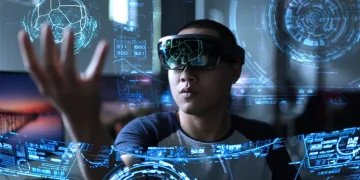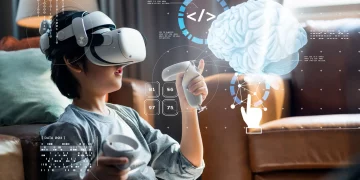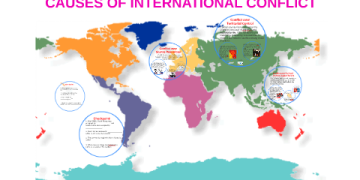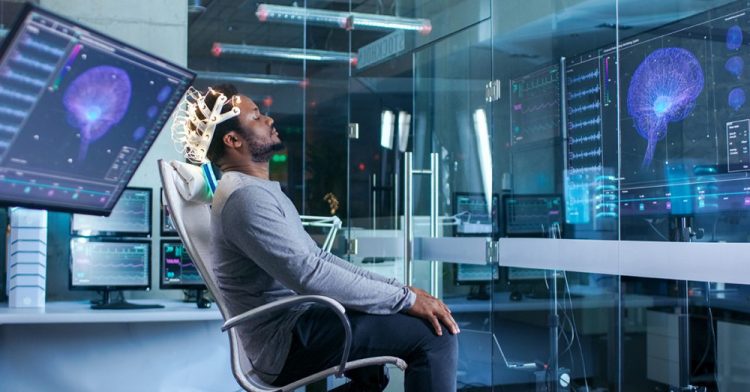I. Medical Miracles at the Neural Frontier
BCIs first gained prominence as tools for restoring lost function:
- In 2006, a quadriplegic patient controlled a robotic arm via implanted electrodes.
- Cochlear implants have enabled over a million people to hear.
- In 2023, a stroke patient in a clinical trial regained partial speech using AI decoding of neural activity.
Such stories highlight the humanitarian promise of BCI technology.
II. Case Studies of Breakthrough Applications
- Motor Rehabilitation:
Neuroprosthetics translate motor cortex signals into commands for robotic limbs. Some systems even deliver feedback to muscles, retraining neural pathways. - Sensory Restoration:
Retinal and cortical visual implants are restoring partial sight to the blind.
Cochlear implants provide near-natural hearing. - Communication for Locked-In Patients:
BCIs now decode internal speech, allowing patients with ALS to communicate by “thinking” words.
III. Beyond Therapy: Cognitive and Physical Enhancement
Once reserved for the ill or injured, BCIs are moving toward enhancing human performance:
- Memory Boosters: Experiments suggest neural stimulation can improve short-term memory.
- Faster Learning: BCIs might optimize neuroplasticity, reducing training times for complex skills.
- Brain-to-Brain Links: Early research shows simple data can be shared between two brains across networks.
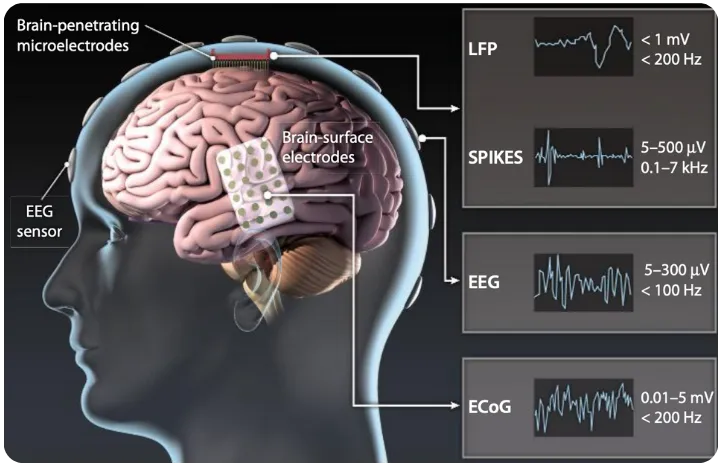
IV. Risks and Roadblocks
The leap from healing to enhancement introduces new challenges:
- Medical Risks: Invasive devices carry infection and scarring risks.
- Ethical Questions: Should cognitive enhancement be available to all?
- Cost Barriers: High development and surgical expenses limit access.
- Cultural Resistance: Religious and social concerns about “playing God.”
V. Future Directions in Healthcare
BCIs could transform:
- Geriatric Care: Restoring mobility and independence to aging populations.
- Telemedicine: Doctors monitoring patients’ neural signals in real-time.
- Rehabilitation AI: Personalized recovery programs guided by neural feedback.
With continued investment and global cooperation, BCIs may bridge the gap between healing and human advancement.












